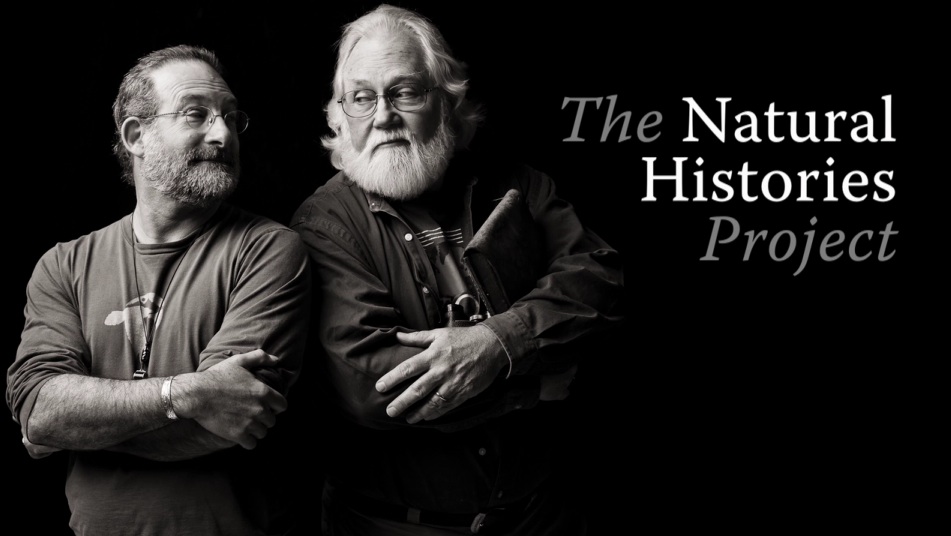'To The Arctic' Photographs by Florian Schulz – The Joy Trip Project
"Florian Schulz’s breathtaking and intimate photography of the Arctic shows us why this great and seemingly infinite land running away to the north remains one of our last true wild places." –Wade Davis, NGS Explorer-in-Residence In this extra large-format (15” x 10”) panoramic photo essay—the official companion book to the new IMAX® film To The Arctic 3D from Warner Bros. Pictures, MacGillivray Freeman Films and IMAX Corporation—award-winning nature photographer Florian Schulz takes readers on a personal journey to the remote-yet-vibrant Arctic. In contrast to the common perception of the Arctic...



 Photojournalists
Photojournalists  [/caption]
[/caption]
You must be logged in to post a comment.